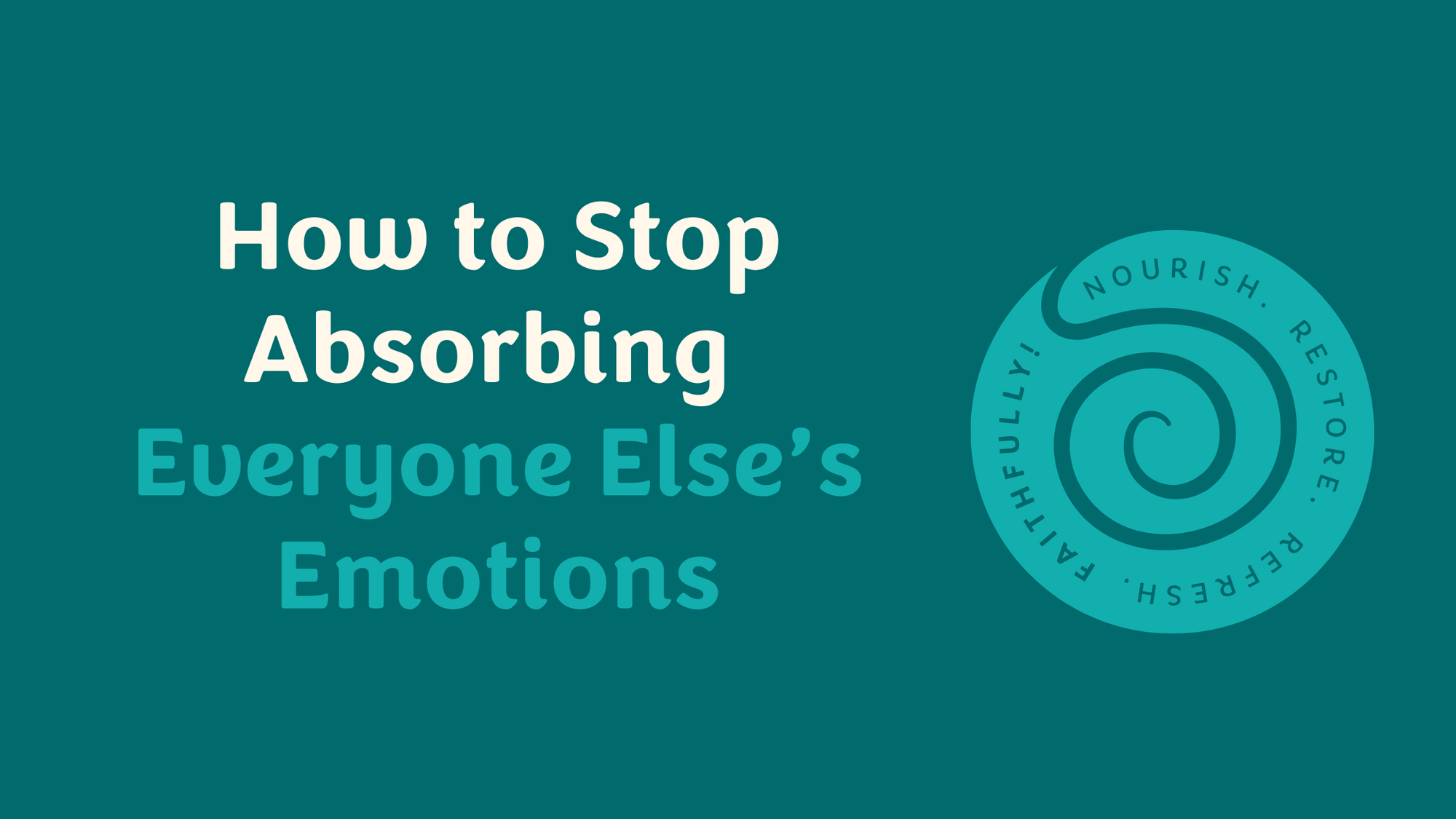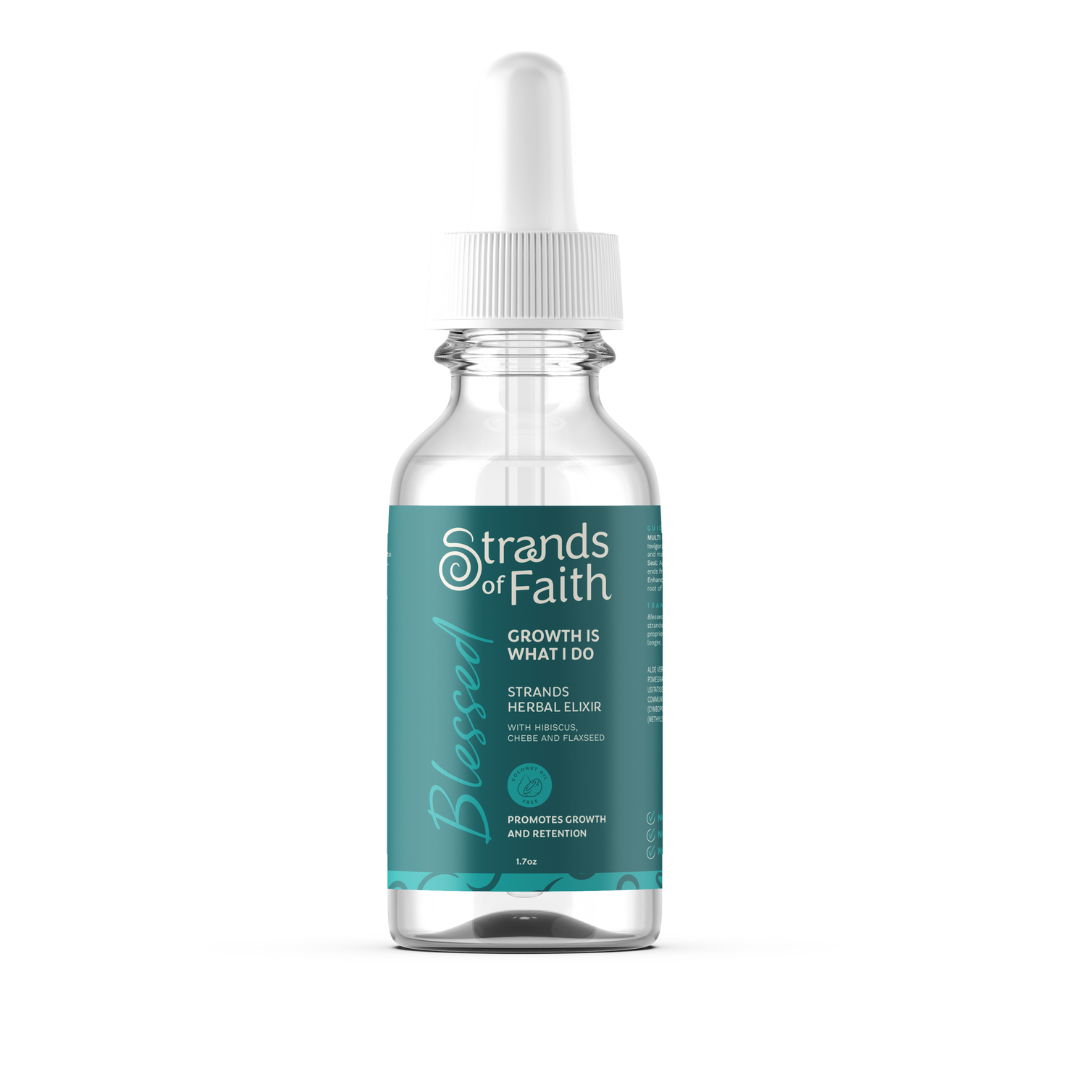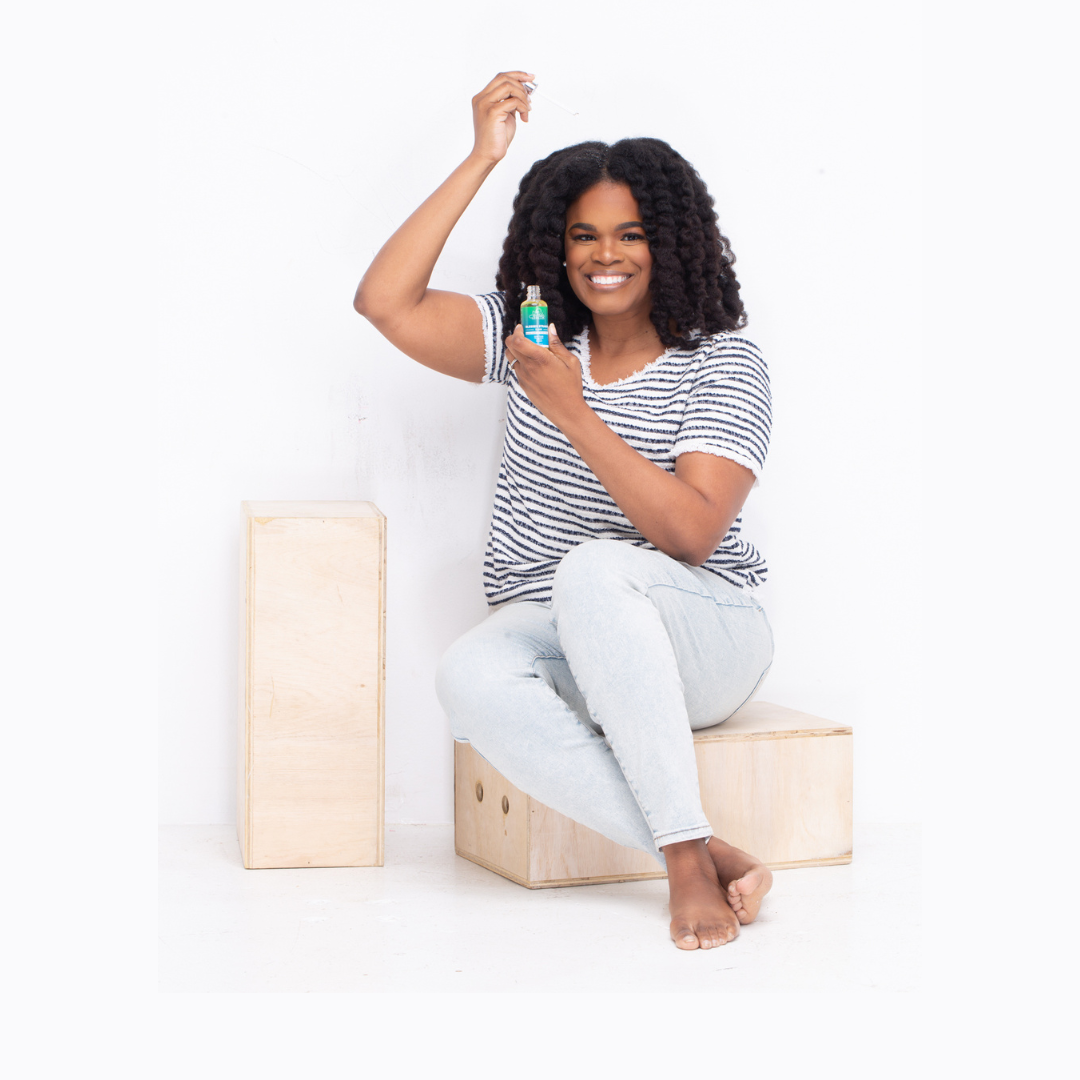Ever walk into a room feeling just fine until someone else’s energy completely shifts your mood?
Maybe a co-worker’s stress made you tense. A friend’s sadness stayed with you long after the conversation ended. Or you left a family gathering emotionally exhausted and couldn’t quite explain why.
If that sounds familiar, you’re not alone.
This is what psychologists call emotional contagion, the process of "catching" other people’s feelings like a cold.
It’s a deeply human experience and one that’s more common for highly empathetic or emotionally intuitive people.
But constantly absorbing everyone else’s emotions can be draining, confusing, and even disruptive to your mental health.
The good news? You can care deeply without carrying everything. You can be compassionate without becoming consumed.
Let’s explore why this happens, how to recognize it, and most importantly how to create healthy emotional boundaries that protect your peace while still showing up with love.
What Is Emotional Contagion?
Emotional contagion is the unconscious tendency to pick up and internalize the emotions of people around us. Think of it like secondhand smoke but with feelings.
It’s why babies cry when they hear another baby cry.
Why you feel tension during an awkward silence in a room.
Why you might start to feel anxious just sitting next to someone who’s visibly upset.
We’re wired for empathy because it helps us connect, build trust, and form meaningful relationships. But without emotional boundaries, empathy can quickly turn into emotional absorption.
Why You Might Be Absorbing Emotions So Easily
-
You’re Highly Empathetic
If you're naturally sensitive to others’ feelings, you might unintentionally “merge” emotionally with people around you. You feel what they feel as if it's your own. -
You Grew Up in Chaotic or Unpredictable Environments
If you had to “read the room” growing up to stay emotionally safe, you may have developed a habit of hyper-awareness to others' moods. It’s a survival skill but it can carry into adulthood in unhealthy ways. -
You Struggle With People-Pleasing
When you feel responsible for keeping everyone around you happy or peaceful, you may absorb their emotions as a way of managing or fixing them, even when it’s not your job. -
You Don’t Realize You’re Doing It
Most emotional absorption is unconscious. You might feel heavy, drained, or “off,” without realizing that you’ve picked up on someone else’s stress, sadness, or anger.
The Impact of Carrying Emotions That Aren’t Yours
When you take on everyone else’s emotions, it can show up as:
-
Emotional fatigue or burnout
-
Difficulty separating your feelings from others’
-
Anxiety or irritability without a clear cause
-
Resentment or frustration toward loved ones
-
Losing touch with your own needs, desires, or emotional truth
Eventually, this kind of emotional overload leads to mental exhaustion, misalignment, and disconnection from yourself and even from the people you want to help.
How to Stop Absorbing Everyone Else’s Emotions
Let’s break down the transformation: from emotionally exhausted to empowered and centered.
1. Build Emotional Awareness
The first step is to recognize what’s yours and what’s not. Start by asking:
-
What am I actually feeling right now?
-
Did this emotion start with me or did it show up after talking to someone else?
-
Does this feel familiar or foreign?
Keeping a journal or doing a 2-minute emotional check-in throughout the day can help you identify emotional shifts and their triggers. Over time, you’ll be able to track patterns and stop internalizing things that don’t belong to you.
2. Visualize an Emotional Boundary
It may sound simple but visualization works. Before entering emotionally charged spaces (like meetings, phone calls, or family gatherings), take 30 seconds to imagine:
-
A shield of light surrounding you
-
A bubble that filters out what’s not yours
-
A mirror that reflects others’ energy back to them with love
You’re not closing yourself off—you’re setting a sacred boundary that says: “I can witness your feelings without carrying them.”
3. Practice Grounding Techniques
Absorbing emotions often pulls you out of your body and into someone else’s energy. Grounding brings you back to you.
Try these simple practices:
-
Deep breathing (inhale for 4, hold for 4, exhale for 4)
-
Walking barefoot on grass or being in nature
-
Body scans: Pause and scan your body for tension, releasing it as you go
-
Physical touch: Place your hand on your chest and say, “This is mine and that is theirs.”
The more you root into your own emotional space, the less likely you are to be pulled into someone else’s.
4. Limit Time in Draining Environments
Not every room deserves your presence and not every person has earned access to your emotional energy.
If you notice consistent emotional depletion around specific people or settings, it may be time to:
-
Create distance
-
Set time limits
-
Say no without guilt
-
Reevaluate whether the relationship or space is aligned
Protecting your peace might look like declining that phone call, shortening that visit, or setting firmer expectations for how much emotional labor you’re willing to give.
5. Stop Trying to Fix Everything
This one’s hard especially for nurturers and empaths. But absorbing emotions often comes from a subconscious desire to fix, soothe, or rescue others.
The truth is: you can be a safe space without being a sponge.
Start reminding yourself:
-
“I can care deeply and still let them feel their own feelings.”
-
“I don’t have to solve this to be supportive.”
-
“Their healing is not my assignment.”
Sometimes holding space is the most loving thing you can do and it doesn’t require you to carry the emotional weight.
6. Reconnect With Your Own Emotional Needs
Absorbing others’ emotions often means losing track of your own. Build a habit of checking in with yourself:
-
What do I need right now, emotionally, spiritually, mentally?
-
Where am I pouring out more than I’m being filled?
-
What brings me back to peace and alignment?
Create routines that restore you: journaling, prayer, music, movement, solitude, or therapy. Your energy is sacred and it deserves your attention, too.
7. Remember: You’re Not Responsible for Everyone’s Healing
Yes, you may be a light. Yes, people may feel safe with you. But their healing is between them and God.
You were not created to carry the emotional burdens of the world.
You were created to shine, love, and move from a place of wholeness, not depletion.
Let Go of What’s Not Yours
You are allowed to:
-
Care without carrying
-
Be present without being pulled in
-
Love without losing yourself
Just because you feel something doesn’t mean it belongs to you.
So the next time someone around you is upset, ask yourself:
Is this mine?
If not, bless it, release it, and return to your center.
Peace is your birthright. Keep protecting it.
Keep The Faith. 💚
























